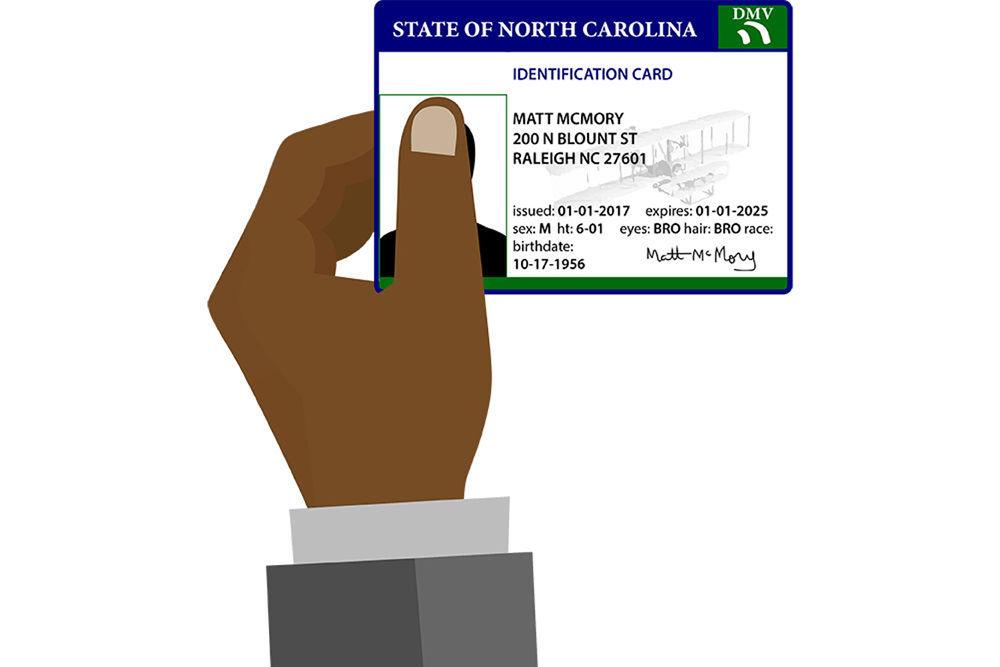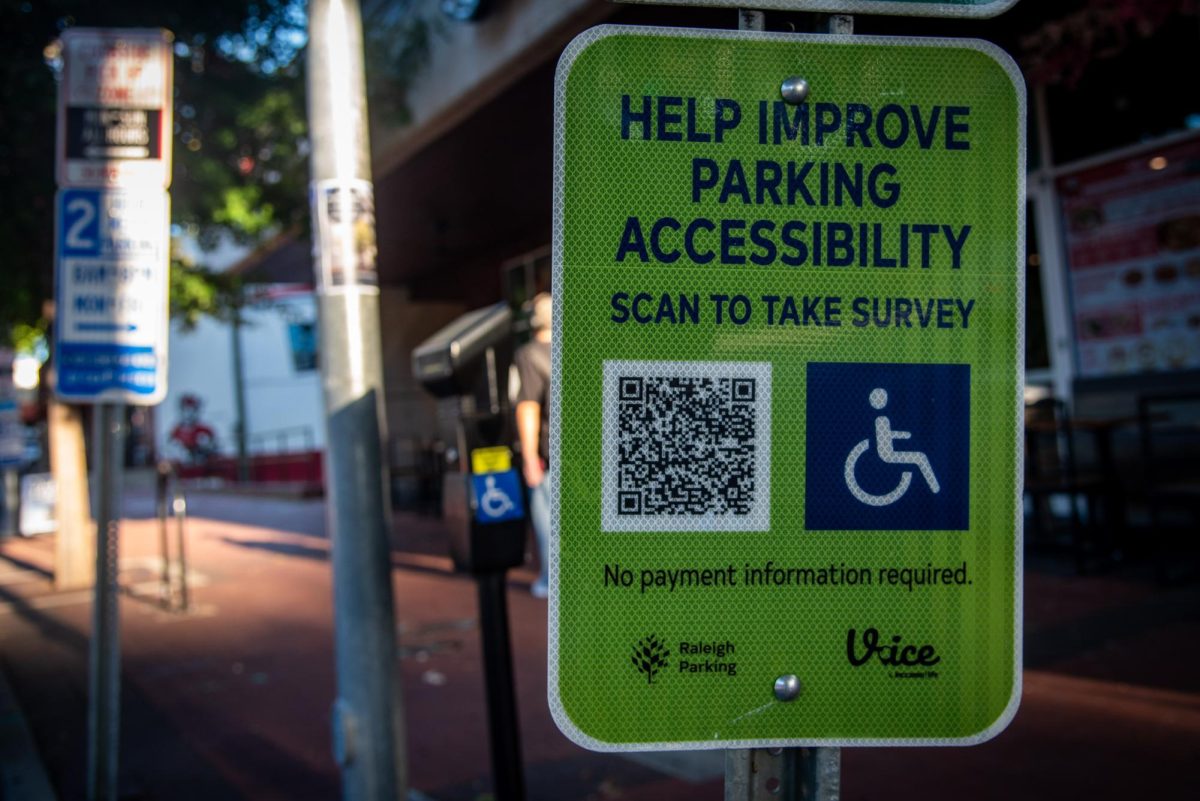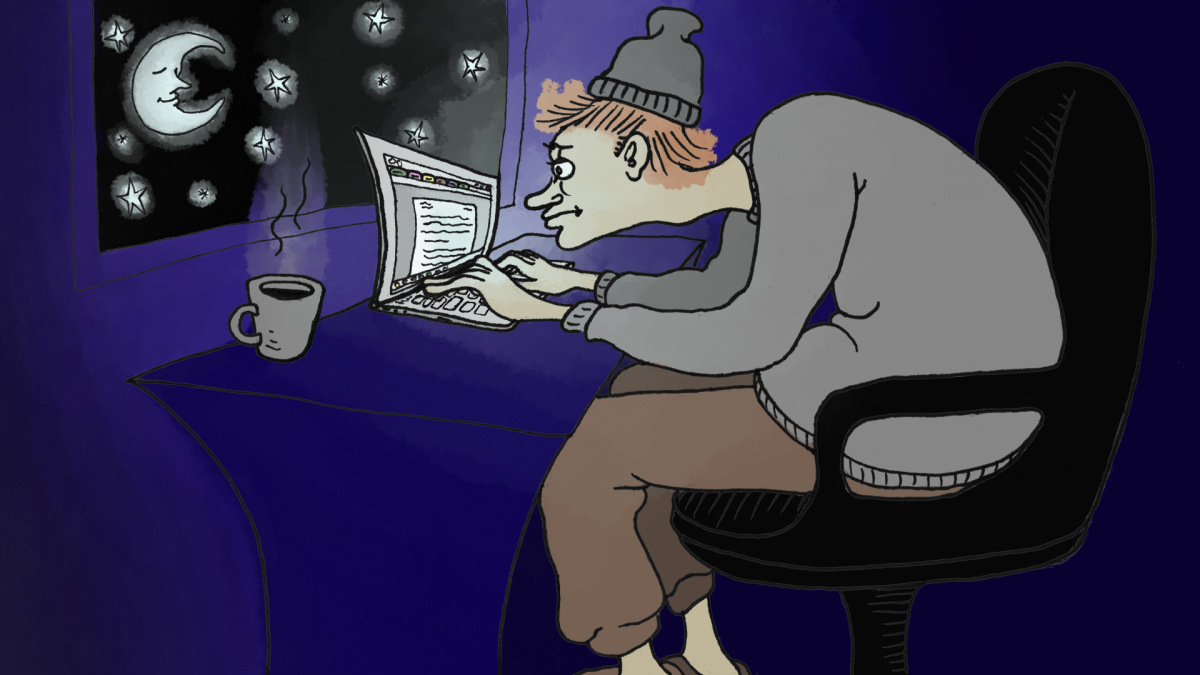A state representative from Wake County has recently pushed to help universities create student IDs that can be used to vote in government elections, following the North Carolina Board of Education’s decision to deny usage of many universities’ IDs.
Rep. Grier Martin of Wake County argued that the General Assembly should help universities with unapproved IDs to produce student IDs that meet regulations.
“Our main role should be to continue to listen to university staff, and I hope that we’re doing this,” Martin said. “They’re the ones that actually have to implement these policies.”
The Board of Elections approved NC State student IDs but did not approve most other UNC Schools, including UNC-Chapel Hill, according to a list issued by the board.
The law states that a valid voter ID must include a photograph taken by the university and cannot be issued until the university has confirmed the citizenship status, social security number and birth date of the student, according to Martin.
Martin said that while the General Assembly’s requirements are excessive, most universities seem committed to ensuring that all students will be able to exercise their right to vote.
Brian Mathis, associate director of Leadership and Civic Engagement, said that schools like UNC-CH allow students to send in their own photos for student ID. Ultimately, Mathis said, his aim is to help students be able to engage in the political process.
“I’m talking to my colleagues at the other UNC schools, and one of the things that we would have done here at NC State if our student IDs weren’t accepted is that we would have worked closely with our Wake County Board of Elections,” Mathis said. “They are now required to produce free voting IDs, so… how do we get students who don’t have an alternative form of ID to get those free IDs.”
Martin said that he hopes college students will continue to be concerned and try to get involved in the legislative process.
“Our goal is to increase the number of voters,” Mathis said. “Not every student has another form of ID… I hope that students will respond to that by making sure that their story is told, that we legislators hear their perspective and how it will make it more difficult for them to vote.”
Both Mathis and Martin encourage students to contact their representatives and senators to tell them their thoughts on the voter ID legislation and to make sure that their stories are told.
Rep. David Lewis of Harnett County, a major proponent of the voter ID law, said he would help to delay the enforcement of the voter ID laws until the 2020 election, according to Martin, so that students have time to get approved forms of identification.
“Most universities seem committed to get there because they believe that it’s important,” Lewis said. “They’re preparing their students to be citizens of the world. To be a citizen of the world, it’s important that you participate in the political process, and that commitment extends to doing their part.”
Martin said that he never saw the need for a voter ID law and that while the General Assembly made compromises on the issue, he believes the law will make it more difficult for certain demographics to vote.
“The voter ID legislation that was passed and put on the referendum for the constitutional amendment has been significantly watered down from very sweeping broad legislation that had its intent clearly to disenfranchise folks that voted Democratic,” Martin said. “It’s as if they targeted every demographic that votes Democratic and tried to make it harder for them to vote. Senior citizens, students, African Americans; there’s provisions in there for all of them to vote.”
Chancellor Randy Woodson declined to comment.
Students can look up their legislators and methods of contact on the General Assembly website. More voting resources can be found on the North Carolina Board of Elections website.





